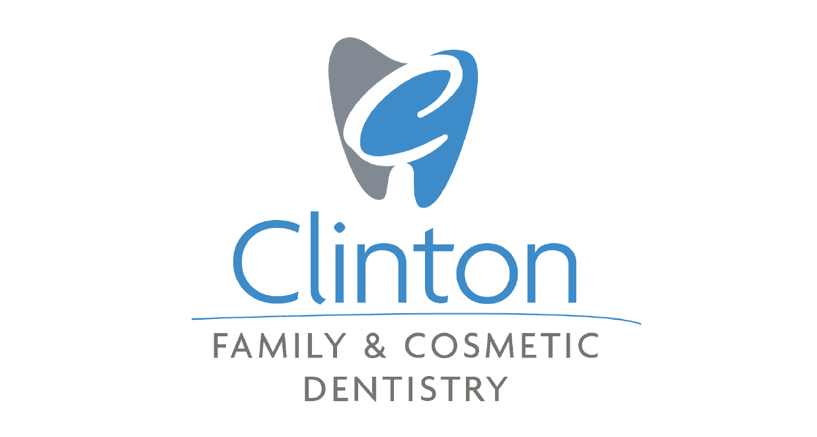Has your mouth ever felt dry and sticky? This unpleasant sensation is known as dry mouth. While it feels uncomfortable, it could also pose a major risk to the health of your teeth and gums.
Your dentist can help you address this issue if it becomes chronic. However, you can resolve as well as prevent dry mouth without visiting your dentist’s office too. Read on to find three ways that you can fight dry mouth symptoms on your own and preserve your oral health.

Drink Plenty of Water
A major reason that dry mouth develops in dental patients is dehydration. If you feel dehydrated, your mouth will produce less saliva to preserve water in the body.
Drinking plenty of water will allow your mouth to contain an appropriate amount of saliva to maintain a healthy environment. Dentists and other medical experts recommend drinking at least eight eight-ounce glasses of water every day to stay hydrated.
If your mouth becomes dry, this creates a breeding ground for bacteria that can spread with ease across your teeth. You will experience a heightened risk for oral infections, including gum disease.
You can eliminate this risk and keep your mouth feeling and looking its best by drinking water. If you have coffee, tea, or other caffeinated beverages that can dehydrate you, make sure to compensate by having water along with them.
Chew Sugar-Free Gum
If saliva production seems low, you can stimulate more saliva in your mouth with the act of chewing. However, you will want to make sure the item you choose to chew will not worsen your oral or overall health.
Dentists consider sugar-free gum an excellent choice for stimulating saliva production in the event of dry mouth. Sugar has detrimental effects on your teeth, eroding tooth enamel and increasing one’s risk for cavities.
While your dentist can treat a cavity with a dental filling, it is ideal to preserve the natural structure of your teeth. Sugar-free chewing gum can stave off dry mouth without hurting your smile.
Evaluate Your Environment
Sometimes, environmental factors can contribute to dry mouth in patients. If you realize you tend to develop dry mouth in certain weather conditions or areas, you may want to consider altering these circumstances to protect your oral health.
For instance, dry air in a room can also dry out your mouth. If you cannot avoid spending time in that room, especially if you sleep there, you can purchase a humidifier.
This device will add moisture to the air, making it less likely to dry out your mouth. This way you can sleep or spend time in that area without worrying about harming your teeth or gums.
If the dry mouth symptoms persist despite these precautionary efforts, call your dentist. They can evaluate your smile and determine if an underlying dental or medical issue is causing these concerns.
